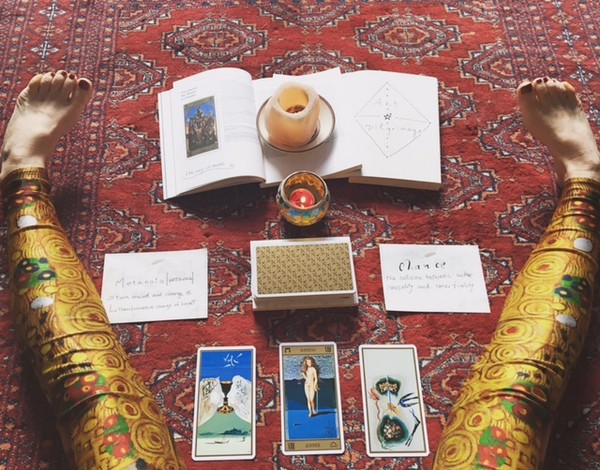Everyday algebra
Why is it when only as we sit down to do the final arithmetic of a year, that we give ourselves permission to acknowledge everything? We live our lives as though some parts are destined to be glossed over as quickly as possible, stowed away in a drawer somewhere, or wiped out of our memory. While others, perfectly polished are placed on a pedestal, with tailor made lighting- for everyone to see and admire- and blown out of all proportion. What does it do to us, that we live parts of our lives in hiding and some parts in flamboyant hyberbole? What does it say about our understanding of humanity, that only praise and boisterous pride is accepted in public, while everyone should bear the darkness on their own?
All this year I've felt this battle being fought inside of me. The tension between my own contradictions, my own selves colliding and not quite finding peace amongst themselves. And all the while, on the outside, looking in, our time's glaringly loud gospel; FIND YOURSELF! It evokes the image of someone rummaging through ones inner parts, trying them out, discarding them until one finds oneself, one's real self. Such an exhausting illusion, this quest for some hidden right way which we are doomed to spend our lives looking for. I am large. I contain multitudes, wrote Walt Whitman.
Never an enthusiastic math student, I quite enjoy calculating the sum at the end of each year. The word algebra comes from the Arabic meaning 'Reunion of broken parts'. Our obsession with keeping our lives sunny, neat and pretty, and throwing out the ugly, broken, messy bits digs at our humanism. It ripples across our ability to see one another and builds walls within and between us. We are large, we contain multitudes. And so, for the coming year, I wish for myself, and for you, that we put a little more algebra into our everyday lives.

Mind the body
Is there nowhere out of the mind, I asked last January, nodding to Sylvia Plath,
and vowing to put physicality back into my life.
So many of my joys were abstractions.
Politics, philosophy, poetry are labors of the mind, not the body.
Surely, there's more to being human than cogito ergo sum?
Being diagnosed with a chronic disorder is an effective way to transition from mind to body.
As the body starts attacking itself, abstractions offer little help and poetry becomes a poor distraction.
It used to shield me from outside enemies, but my immune system has gone rogue- it rebels.
Moving into a disease is like diving through grief.
At times it is difficult to remember that this does not define me,
difficult to see that just because my body is fragile- I don't have to be.
But navigating between nodes of denial, melancholy and renegotiation,
I find myself seeing so clearly what we already know: the mind-body problem is a false dichotomy.
There's nothing I am thinking that does not originate in my anatomy.
There's no way out of the mind unless you leave your body behind, too.
A humbling thought on my way to acceptance.
So, here I am
more human than ever
frail and herculean,
Embodied.

